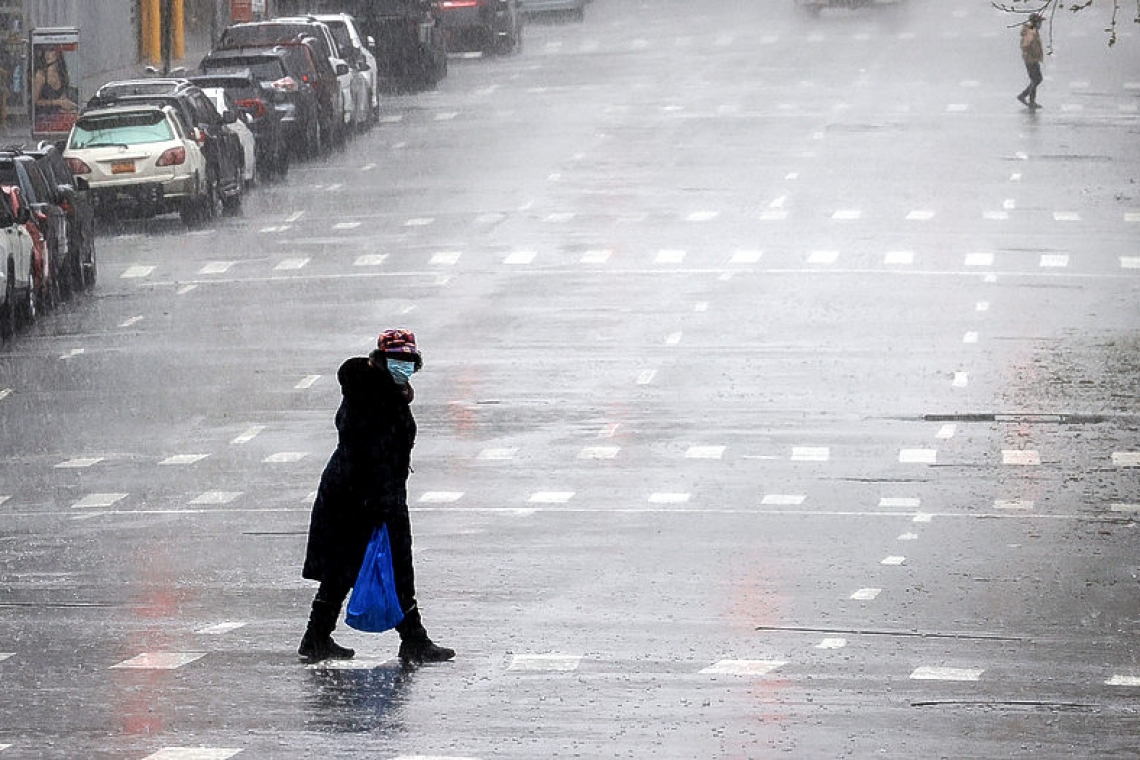NEW YORK--Seven Northeastern U.S. states and three on the West Coast formed regional pacts on Monday aimed at coordinating a gradual reopening of their economies without a resurgence of coronavirus infections just as the outbreak appeared to be starting to wane.
New York, by far the hardest hit state, will work closely with nearby New Jersey, Connecticut, Delaware, Pennsylvania and Rhode Island to devise strategies for jointly easing stay-at-home orders imposed last month to curb coronavirus transmissions, New York Governor Andrew Cuomo said. Massachusetts later announced it was joining the East Coast coalition.
"Nobody has been here before, nobody has all the answers," Cuomo said during an open conference call with five counterparts. "Addressing public health and the economy: Which one is first? They're both first."
Separately, the governors of California, Oregon and Washington announced a similar agreement to devise a shared approach for lifting social-distancing measures, saying they "need to see a decline in the rate of spread of the virus before large-scale reopening" can take place.
The 10 state leaders, all Democrats except for Massachusetts Governor Charlie Baker, gave no timeline for ending social lockdowns that have collectively idled the vast majority of more than 100 million residents in their states. But they stressed that decisions about when and how to reopen non-essential businesses, along with schools and universities, will put the health of residents first and rely on science rather than politics.
U.S. President Donald Trump, a Republican who before the pandemic had touted a vibrant U.S. economy as the centerpiece of his re-election bid, has pressed repeatedly in recent weeks for getting Americans back to work soon. Ahead of the governors' announcement on Monday, he declared that any decision on restarting U.S. commerce was his to make.
Tensions between governors and Trump have bubbled up since the public health crisis worsened a month ago, and have re-emerged in the debate over economic imperatives versus public health priorities. Legal experts say the president has limited power under the U.S. Constitution to order citizens back to their places of employment, or to require cities to reopen government buildings and transportation, or to order local businesses to reopen.
"It is the decision of the president, and for many good reasons," Trump wrote on Twitter on Monday, adding that his administration was working closely with the governors.
"A decision by me, in conjunction with the governors and input from others, will be made shortly!" Trump's tweet said.







